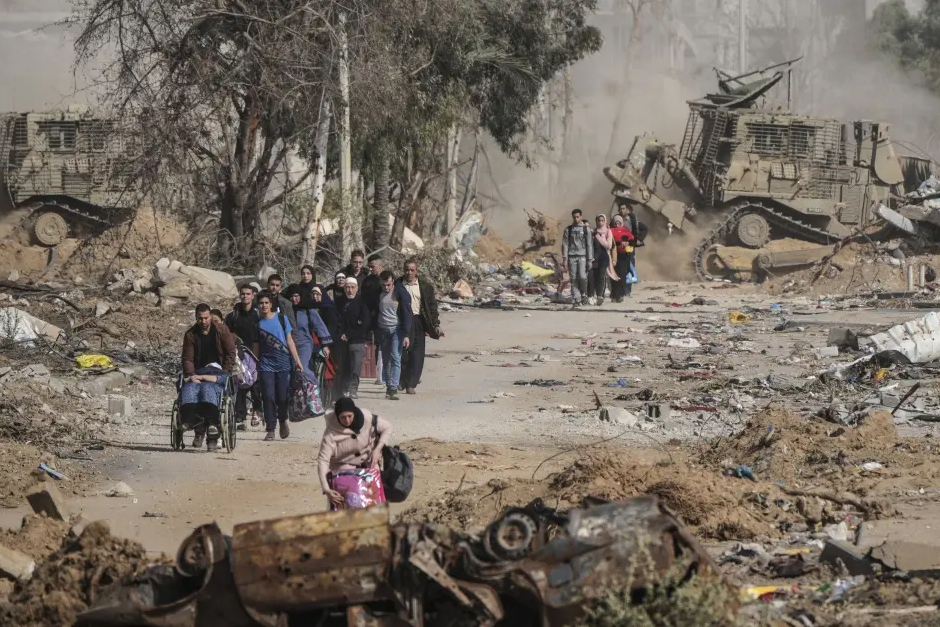Just when you thought a fragile calm might be settling in, the drums of conflict regrettably sound once more. Recent reports out of Gaza indicate a concerning resurgence of hostilities, putting the already precarious ceasefire to a severe test. This renewed fighting, coupled with a brief but impactful halt in aid delivery, paints a sobering picture of ongoing instability and the profound human cost it carries.
The Ceasefire’s Shaky Foundation Crumbles Under Pressure
The hope that emerged from the recent ceasefire agreements felt like a much-needed breath of fresh air for a region that has endured far too much hardship. Yet, that fragile truce now appears to be teetering on the brink. Escalations have once again seen an exchange of fire, shattering the relative quiet and plunging communities back into a state of anxiety and fear. For residents who have lived through cycles of violence, this renewed fighting isn’t just news; it’s a stark reminder of the constant uncertainty that defines their daily lives. Homes, schools, and essential infrastructure, barely recovering from previous damage, are once again vulnerable. It’s a cruel twist of fate for those who believed, even for a moment, that a sustained period of peace was within reach.
The triggers for these flare-ups are often complex and debated, but the outcome is unequivocally clear: a rapid deterioration of trust and an increase in suffering. Each fresh exchange of rockets and retaliatory strikes chips away at the already thin veneer of diplomacy, making the path back to a stable ceasefire even more arduous. The international community watches with bated breath, understanding that such escalations can quickly spiral beyond immediate control, pulling more people into the vortex of conflict.
When Humanitarian Lifelines Are Severed, Even Briefly
Amidst the renewed hostilities, a particularly alarming development was the brief decision by Israel to halt the entry of humanitarian aid into Gaza. In an area already grappling with immense needs—from food and water shortages to critical medical supplies and shelter—any disruption to aid pathways is nothing short of catastrophic. Gaza is heavily reliant on external assistance to meet the basic necessities of its population, and these supplies are not a luxury; they are a lifeline.
Even a temporary cessation creates immediate and severe repercussions. Essential goods can’t reach those who need them most, hospitals face dwindling stocks, and families already struggling to put food on the table are pushed further into desperation. As one veteran aid worker, speaking on condition of anonymity, somberly put it, “Every time aid stops, even for a short while, it’s a step back from the brink for thousands of families. It’s life and death, plain and simple. We can’t afford these delays.” While the flow of aid has reportedly resumed, the incident underscored the extreme fragility of the humanitarian situation and how quickly a political or security decision can exacerbate human suffering.
Looking Ahead: The Urgent Call for Stability
The recent events serve as a stark reminder of the deeply entrenched challenges in the region. The renewed fighting and the brief halt in aid are not isolated incidents but symptoms of a larger, unresolved conflict that continues to exact a devastating toll on human lives and aspirations. For the people living through this, the urgent need is not just for a ceasefire, but for a durable, sustained peace that allows them to rebuild their lives and communities without the constant shadow of violence. The path forward is undoubtedly complex, requiring immense diplomatic effort, unwavering humanitarian support, and a collective commitment from all parties to prioritize human safety and well-being above all else.




